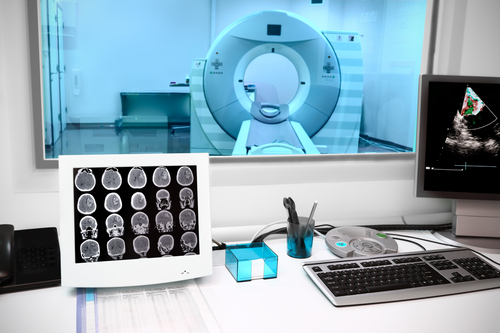Advantages Of Leasing vs. Buying
Every business needs equipment, from an office copier/printer to massive, very expensive pieces for manufacturing. The question of whether to buy your equipment or lease it depends on many factors.
Below are some of the main issues to consider before you decide. Whether you buy or lease, there are benefits and downsides. Read on to make the best decision possible.
Buying: Pay cash or finance.
Cash. No further out of pocket expenses except the opportunity cost. If you’re cash strapped, you might want to assess your cash flow to ensure you’ll have the necessary funds to support all other business operations without leaving you short. Ultimately the cheapest way to buy.
Finance. A business loan of $10,000 over five years, interest at 10% for simplicity. You’ll get smaller monthly payments ($212.47). But, you’ll pay $2,748.23 on top over the loan life. This might be a smarter way if cash is required monthly for other business needs.
Advantages:
- You own the equipment.
- Use the asset as collateral for other business needs.
- Freedom to sell equipment. Upgrade when newer, faster, better becomes available.
- Depreciation taken over the life of the equipment. For a five year asset, straight-line, you’ll deduct $2000/year.
Disadvantages:
- Equipment can become obsolete. You could be stuck with a worthless asset.
- Costs of financing may be prohibitive.
- Upgrading may not be possible when you need it.
- You’re responsible for maintenance and service costs. Check with vendors for ‘ordinary expenses’ to plan cash flow.
Leasing: Renting the equipment from the vendor. Understand contract terms, negotiate for the best possible deal, and make sure you’re not tied in to a contract that leaves you with obsolete or outdated equipment before the lease term ends.
Advantages:
- Costs are spread over the life of the asset; they’re known and can be planned for.
- Affordable. Could make the difference between getting new or not.
- Contracts usually include terms for maintenance, replacement parts, and service calls. You’ll know monthly costs.
- Might offer upgraded equipment if/when new models hit the market. Try to include this clause.
- May want to buy the equipment at term end, usually a nominal fee, and great if it’s still viable.
- Most lease charges can be expensed on your taxes-check with your accountant.
Disadvantages:
- Can’t use leased equipment for collateral.
- Might get stuck with older equipment that’s not as efficient. Balance the cost of leasing over the term with the probability of obsolescence.
- Leasing company could go out of business (it happens). Do a thorough background check to ensure financial stability before entering into a contract.
It all comes down to doing your homework. Reputable leasing and financing companies are out there. Make sure you ask enough of, and the right questions and you’ll know what’s best for your company.


No Comments